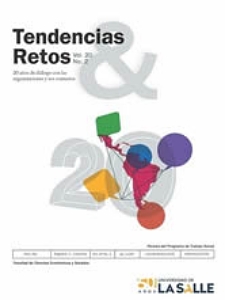Abstract
This article provides a set of reflections that are part of a research project that seeks to explore ethical-moral tensions and conflicts generated between social workers and immigrants in the context of primary health care. Such conflicts emerge especially due to an antagonistic consideration of immigrants, either as mere users of health care or as subjects of rights. This reality is analyzed from the Chilean experience through four types of dilemmas and tensions: first, the immigrant is included in the health system, because he/she meets institutionally established standards for treatment versus a subject of law that must be recognized and legitimized as such. Second, the legal equality of immigrants ensures their patient care, responding to the laws in force, versus dialogic and procedural equality that transcends mere legal status. Third, the emphasis is on mere compliance with health objectives versus an individualized, comprehensive and quality care. Fourth, the health system seeks to homogenize the needs of immigrants versus respect and promotion of cultural diversity.Downloads
Download data is not yet available.



